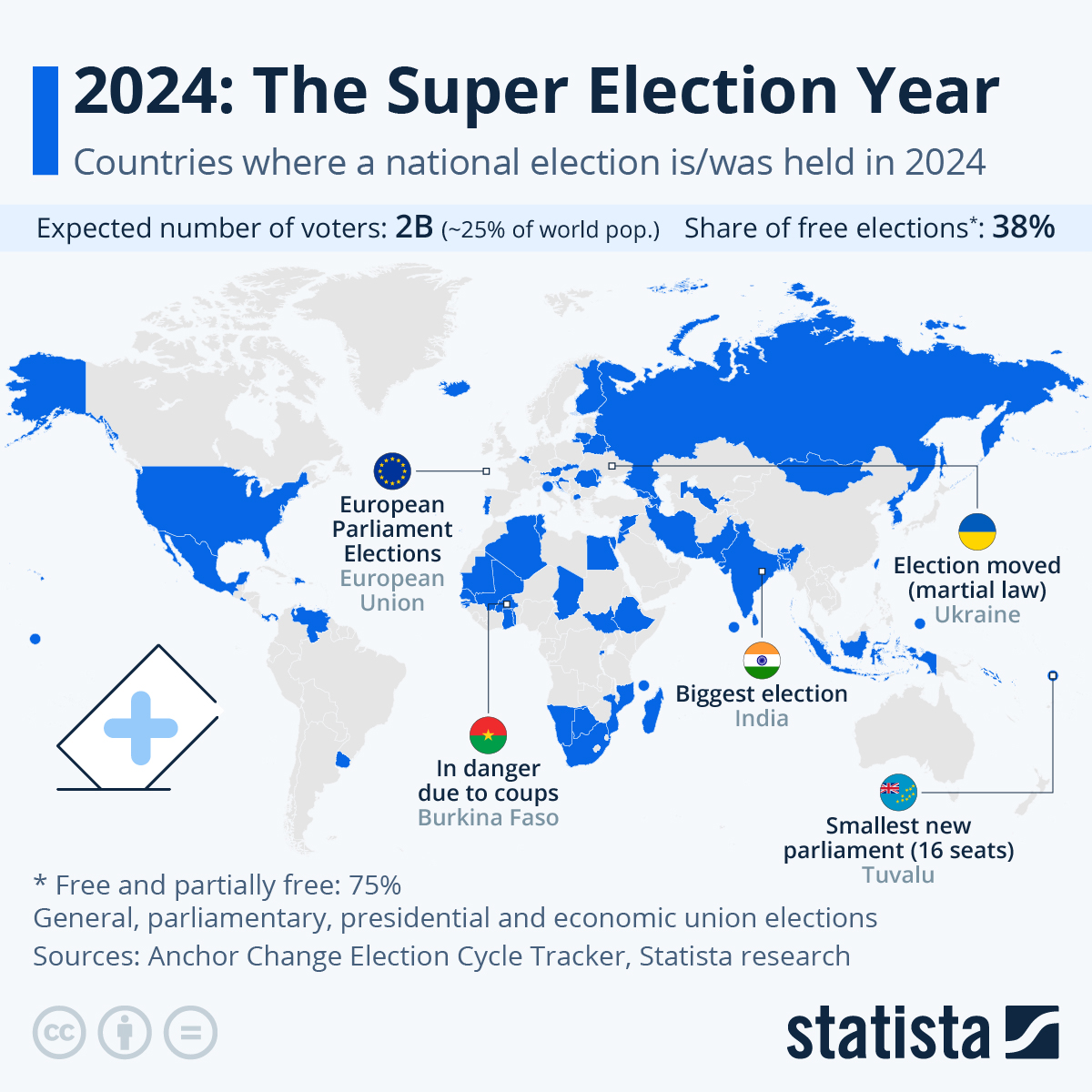
Through my coursework in AP Environmental Science, I’ve learned a great deal about how agricultural practices and consumerism affect the state of our environment. I’ve put some solutions to lessen the environmental impact through food below.
Eat less beef
Cows impact the planet significantly! When cows graze on plots of land, they deprive the soil of nutrients and contribute to soil erosion. Cows additionally contribute to pollution by belching out methane. Methane is 28 times more powerful in warming the atmosphere than carbon dioxide. Eating less beef can slowly cause the demand for beef to decrease and lower the detrimental impact that cows have on the environment.
Use reusable utensils
Many of us are aware of the fact that an increasing amount of plastic is ending up in natural areas- especially in bodies of water, such as our planet’s oceans. Using reusable utensils, such as plastic straws and reusable water bottles, can limit the impact of plastic waste and lead to less damage in animal habitats from plastic.
Compost
Composting converts organic materials into a nutrient-rich soil amendment through decomposition. A soil amendment is any material that is added to soil to improve its physical properties, such as the permeability and structure of the soil. Many different items can be composted at home- including fruit and vegetable scraps, grass clippings, coffee grounds, and even eggshells. Instead of throwing these items away, you can compost them. Composting is something that my family has done for a while, and adding the organic materials we’ve composted to the soil in our garden has improved the growth of our plants.
Prioritize eating plants
We all know that eating plants provides us with nutritional benefits, but consuming less animal-based products and focusing more on eating plants can reduce carbon emissions and waste. Cropland is also used for animals and animal-based agricultural practices, so shifting away from animal-based food products can reduce the amount of land that is used.
Use reusable bags
When out shopping for groceries, bring a reusable bag with you as you shop! Plastic bags contribute significantly to the plastic waste issue, and they can take up to 10-20 years to decompose. Bringing a reusable bag to the grocery store can reduce waste.
While these actions may seem small, they benefit the environment in numerous ways. If we take small steps like these, we can improve the state of our planet.
Works Cited
Quinton, A. (2023) Cows and climate change, UC Davis. Available at: https://www.ucdavis.edu/food/news/making-cattle-more-sustainable (Accessed: 04 January 2024).
Grazing (no date) Grazing. Available at: https://biologicaldiversity.org/programs/public_lands/grazing/ (Accessed: 04 January 2024).
Composting at home | US EPA (no date) United States Environmental Protection Agency . Available at: https://www.epa.gov/recycle/composting-home (Accessed: 04 January 2024).
Davis , J.G. and Whiting , D. (2017) Choosing a soil amendment – 7.235, Extension. Available at: https://extension.colostate.edu/topic-areas/yard-garden/choosing-a-soil-amendment/ (Accessed: 04 January 2024).
Hunnes , D. (no date) The case for plant based, UCLA Sustainability. Available at: https://www.sustain.ucla.edu/food-systems/the-case-for-plant-based/ (Accessed: 04 January 2024).






